According to national and strategic documents, the development of the humanities is emphasized in Iran at high levels of decision-making. Of course, this development is rooted in the necessity and importance of Islamic studies in the humanities. Because human beings, as the best creation (Ashraf creatures) and moderators and regulators of relations with others, are the focus of humanities discussion.
In this regard, management as an achievement of human creativity and intellectual discipline can be viewed in two ways:
1. Management as a "managerial act" which has an antiquity equivalent to human social life and its necessity is undeniable.
2. Management as a "scientific discipline" that shows the study of trends and studies of organization and management in the last century.
In the second case, in addition to the diversity of attitudes and views, it emphasizes the growing perspective in human societies.
This excellence and growth is the result of the efforts of experts and thinkers in responding to the requirements of society in various dimensions, including management. Accordingly, today, any neglect of various aspects of management is considered a serious loss because this neglect leads to the failure to achieve the lofty goals of human society.
Along with these developments in management knowledge, the question and concern that has occupied the minds of thoughtful researchers is why this change and transformation takes place.
We believe that the transformational approach in the field of organization and management knowledge is shallow and consumerist, if it is without paying attention to the roots and systems of thought and without addressing deep philosophical layers such as ontology, epistemology, anthropology, methodology, etc.
In other words, it is the philosophy of management science that gives the power of cognition, critique and production of science to thinkers in this field.
To this end, it is expected that Muslim scholars, with the help of rich Islamic culture and values, and relying on the Book of God (Quran) and the Ahl al-Bayt (AS) and with the necessary effort, be determined to achieve a comprehensive model of the Islamic management system, and begin a systematic movement by relying on the opinions of Muslim philosophers and theologians.
The Islamic management group of the research institute of Islamic studies in the humanities was established at the beginning of the institute’s establishment and has so far tried to organize and plan in this field by holding more than fifty meetings in the form of panel discussion, symposiums and conferences.
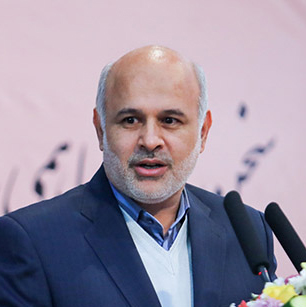
- Position: Head of Group
- Academic Rank: Professor, Department of Management, Faculty of Administrative and Economic Sciences, Ferdowsi University of Mashhad
- Email:
- Personal Page: https://prof.um.ac.ir/r-nia
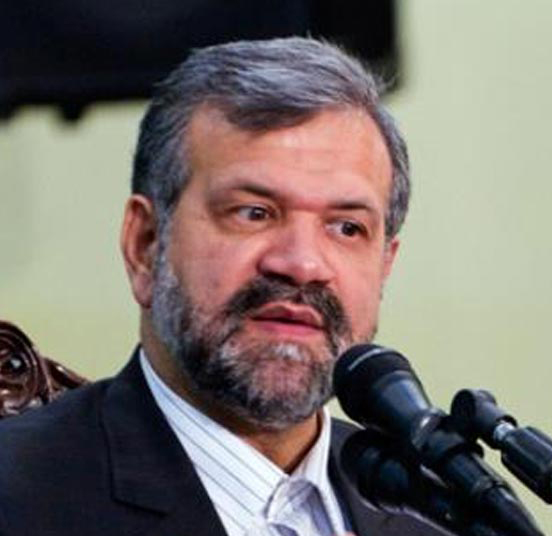
- Position: Member of the Scientific Council
- Academic Rank: Instructor of Quranic Studies and Teacher at Imam Hassan Mojtaba Seminary
- Email: #
- Personal Page: View Personal Page
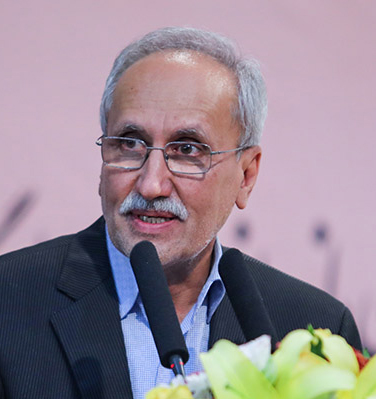
- Position: Group Member
- Academic Rank: Professor, Department of Management, Faculty of Administrative and Economic Sciences, Ferdowsi University of Mashhad (Retired)
- Email:
- Personal Page: https://prof.um.ac.ir/mortazavi
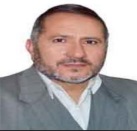
- Position: Group Member
- Academic Rank: Associate Professor, Department of Management, Faculty of Administrative and Economic Sciences, Ferdowsi University of Mashhad (Retired)
- Email: -
- Personal Page: -

- Position: Group Member
- Academic Rank: Professor, Department of Management, Faculty of Administrative and Economic Sciences, Ferdowsi University of Mashhad
- Email:
- Personal Page: https://prof.um.ac.ir/kazemi

- Position: Group Member
- Academic Rank: Associate Professor, Department of Management, Faculty of Administrative and Economic Sciences, Ferdowsi University of Mashhad
- Email:
- Personal Page: https://prof.um.ac.ir/maharati
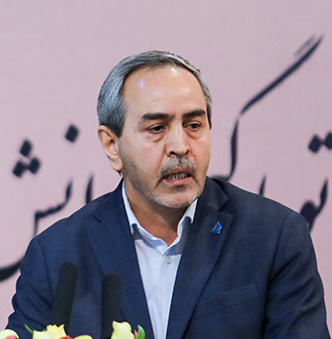
- Position: Group Member
- Academic Rank: Professor, Department of Management, Faculty of Administrative and Economic Sciences, Ferdowsi University of Mashhad
- Email:
- Personal Page: http://prof.um.ac.ir/mehraeen
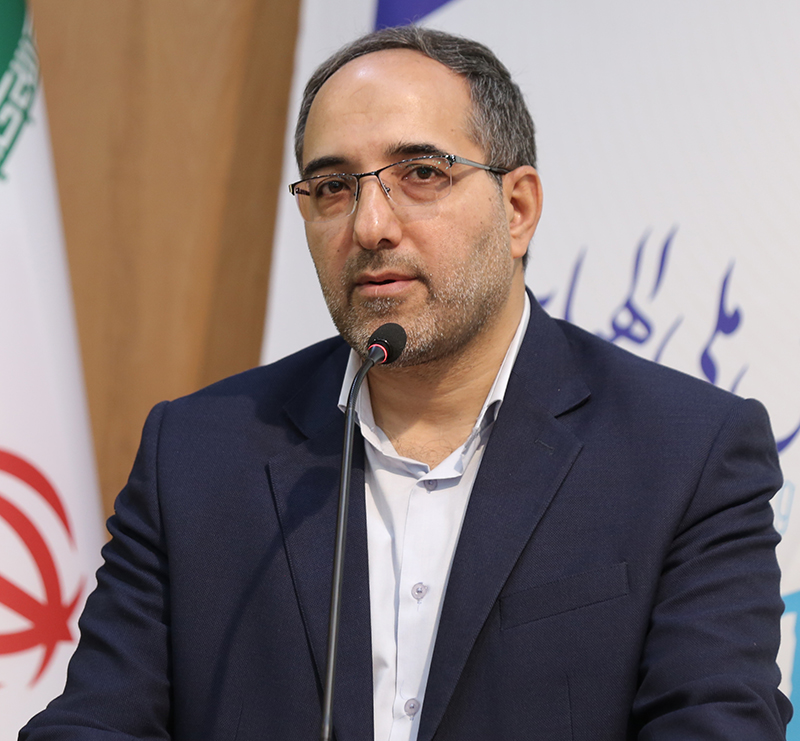
- Position: Group Member
- Academic Rank: Assistant Professor, Research Institute for Islamic Studies in Humanities
- Email:
- Personal Page: https://prof.um.ac.ir/afkhami
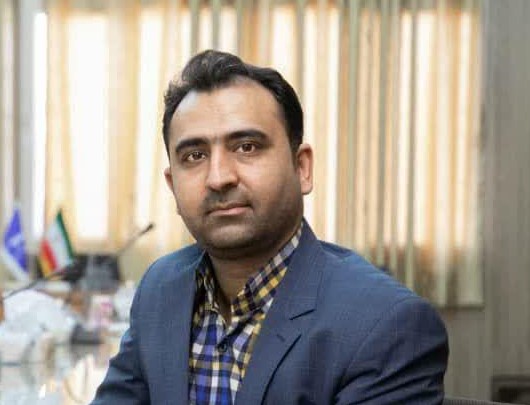
- Position: Group Member
- Academic Rank: Assistant Professor, Department of Management, Faculty of Administrative and Economic Sciences, Ferdowsi University of Mashhad
- Email:
- Personal Page: https://prof.um.ac.ir/gh.eslami
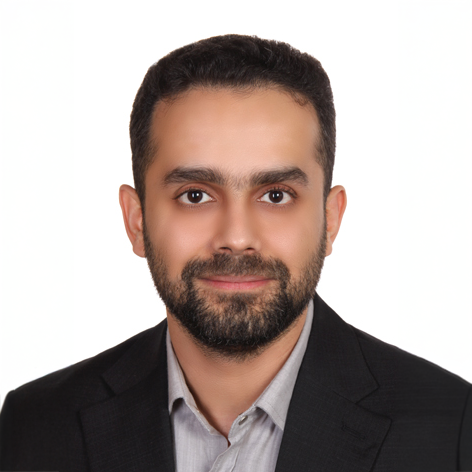
- Position: Group Member
- Academic Rank: Assistant Professor, Department of Islamic Management, Research Institute for Islamic Studies in Humanities, Ferdowsi University of Mashhad
- Email:
- Personal Page: https://prof.um.ac.ir/mo-gh
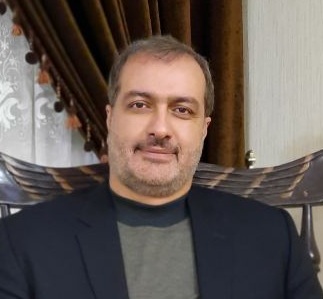
- Position: Member of the Scientific Council
- Academic Rank: -
- Email:
- Personal Page: -
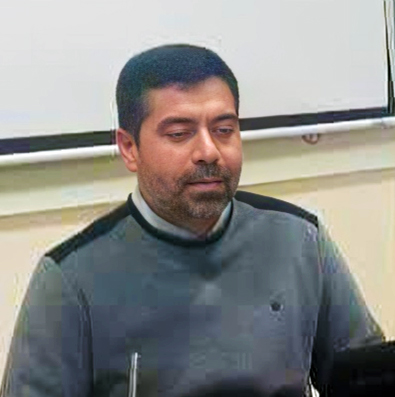
- Position: Member of the Scientific Council
- Academic Rank: -
- Email: #
- Personal Page: -

